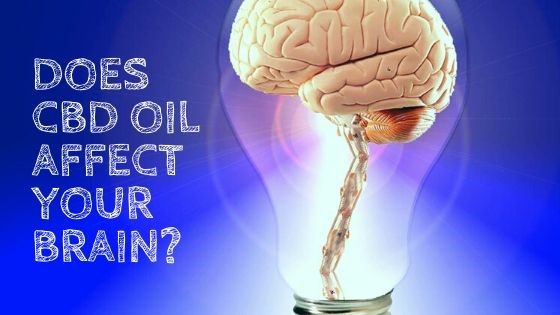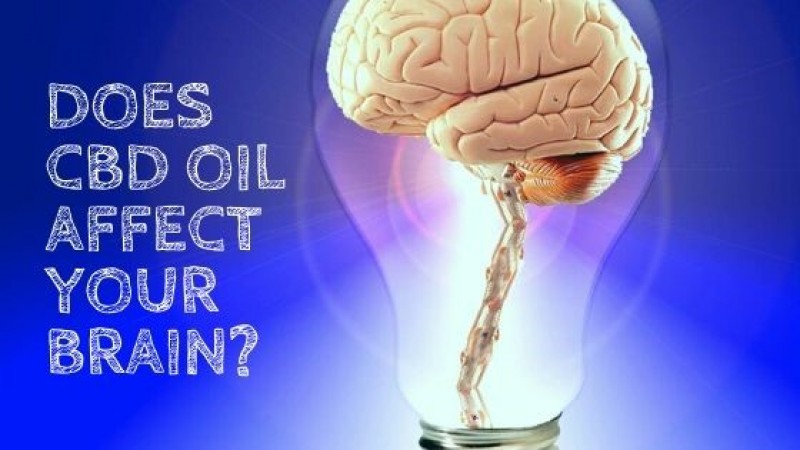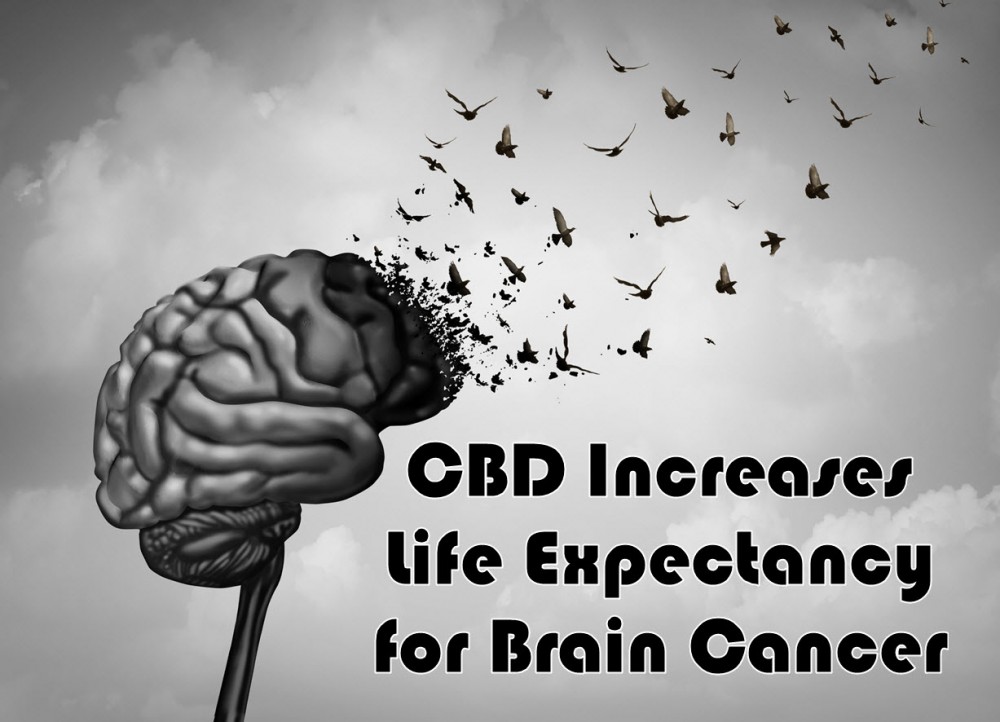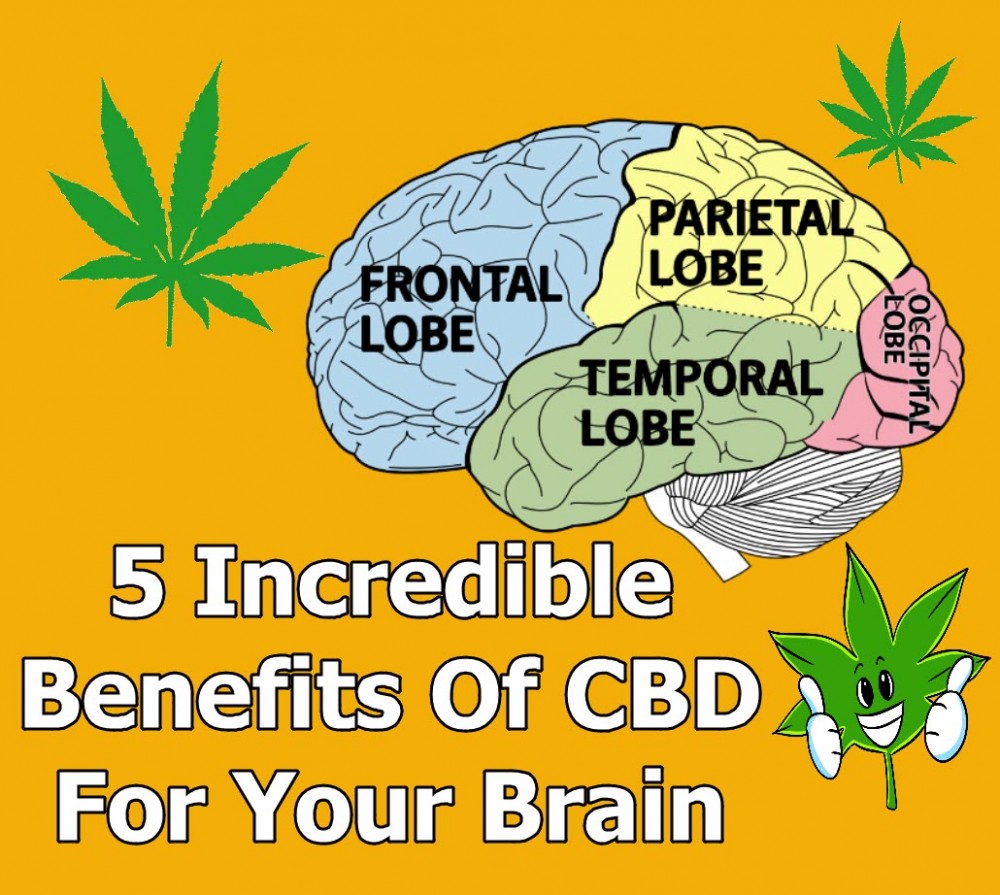Does CBD Oil Affect Your Brain?

It almost goes without saying that CBD has become a magic wand in our collective cultural mythology. Like alchemy, CBD oil promises to take whatever it touches and turn it into… well, not gold, which would be unfortunate to say the least… but to make things immeasurably better, to be sure. The list of possibilities is huge: pain reliever, sleep helper, anxiety queller, acne eliminator. Take your pick and there will be a convenient CBD based remedy, and rather than mysticism and magic, much of CBD’s power rests in the fact that scientific research has backed many of its claims to fame.
While the benefits that CBD has on our bodies is quite tangible, measurable, and quantifiable, the benefits that it has on our brains and minds is much less corporeal, ghostly even. Are our testimonials that CBD’s anti-inflammatory and neuroprotective properties, among other things, founded? Or are they rather placebos, fueled by our desperation for ultimate relief?
Does CBD affect our brains, and moreover our minds? In what ways? And if it does, how can we go about proving this?
How Does CBD Work?
In order to answer the question of whether CBD affects our brain, we first need to consider how it actually works. Simply, CBD is a cannabinoid, and the human body has an endocannabinoid system (ECS) that receives and translates signals from cannabinoids. The ECS communicates with our other body systems to promote overall homeostasis. CBD ‘helps’ the body to use its own endocannabinoids more effectively by translating these signals, by either activating or inhibiting compounds in our ECS. So, if CBD interacts with our ECS, perhaps a more appropriate question might be, ‘what does our endocannabinoid system do’? The short answer is this is still a debatable question, which isn’t too helpful.
The more useful answer is that this system is expressed throughout both our central nervous system (including the brain) and our peripheral nervous system (our bodies) and has been shown to affect both physiological and psychological processes. To what extent is the tricky part to answer definitively. But what is known is that these processes include appetite, pain sensation, mood, and overall homeostasis, to name a few. And as we have assumed up to this point but is worth mentioning, the ECS interacts with external cannabinoids (such as CBD) as well as internal cannabinoids to bolster its overall function.
Does CBD Affect the Brain, the Body, or Both?
The potentially miraculous, but also confounding answer, appears to be that CBD works where it’s needed. And maybe that has something to do with the multifaceted, homeostasis-conscious ECS as a whole. CBD has been described as a "smart" molecule. That is, it adapts to its surroundings and acts as a regulator, and a modulator. And this is because of its different types of receptors, CBD1 and CBD2.
Within the ECS there are receptors located throughout the body. These neurons are a sort of lock, with cannabinoids acting as a magic wand, or sonic screwdriver. Some of these receptors are most prolific within our brains, especially in the Hypothalamus, Hippocampus and Amygdala (CB1). And, moreover, some of these receptors occur most commonly in the spleen, tonsils, thymus and the immune cells throughout the body (CB2). Since CBD seems to activate or inhibit our body’s ECS function, and the ECS has neurotransmitters both within the brain and body, CBD has the potential to affect both. And, moreover, does not appear to cause dependency, mental or physical.
What Can CBD Do for the Brain?
There are claims about CBD’s ability to alleviate anxiety and stress, improve focus, and even help with maladies of the brain like Altzheimer’s disease, making it an excellent contender for helping with all kinds of brain functioning. But how is it supposed to work?
If we call on those other receptors, CB1’s, they may be able to help explain. CB1 receptors primarily interact with the central nervous system (the brain) when helping the ECS optimise homeostasis. So by taking CBD, it may promote the ECS to better regulate anything that may be irregular within the central nervous system, such as that very common condition, a deficit in serotonin levels. Serotonin levels are known to directly affect stress and stress related disorders like general anxiety disorder, agoraphobia, and depression. And a direct result of increased serotonin and lowered anxiety is, you guessed it, improved focus, which can of course translate to potential treatments for ADD and ADHD.
Although revolutionary in itself, if we reorient our focus from stress and anxiety to disease, how can CBD help disorders that can cause physical brain degeneration or damage and loss of mental faculties and functions? Well, CBD’s anti-inflammatory and neuroprotective properties, not to mention its ability to fight iron buildup in the brain, are thought to be one of the keys to its potential to help with neurodegeneration, and it has even been shown to promote new brain cell development and growth. The benefits of this are twofold, promoting protection against further damage and also potentially reversing the damage that has already been caused.
Although much of CBD’s potential for our brains and minds has not been studied to the point of definitive proof, the research that has been done is compelling enough to fuel more research, more funding, and more attention. With this promise, coupled with it’s cultural popularity, CBD’s effects on our minds both in terms of treating mood disorders and helping to treat the symptoms of, and even reverse damage caused by, notoriously untreatable neurodegenerative disease, indicates that CBD isn’t going anywhere anytime soon, and will hopefully continue to prove its preliminary promises.
CBD AND BRAIN HEALTH AND FIGHTING CANCER, READ MORE..
CBD EXTENDS LIFE OF BRAIN CANCER PATIENTS SAYS STUDY.







